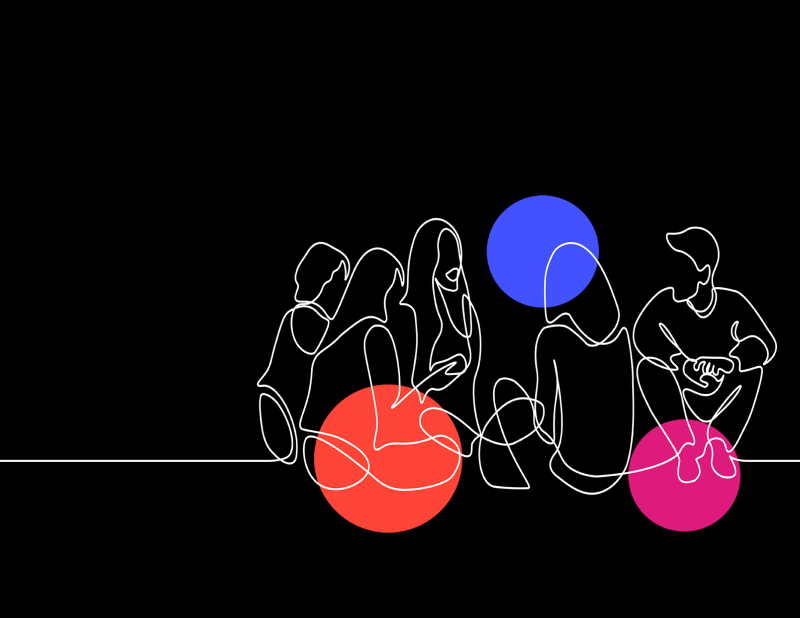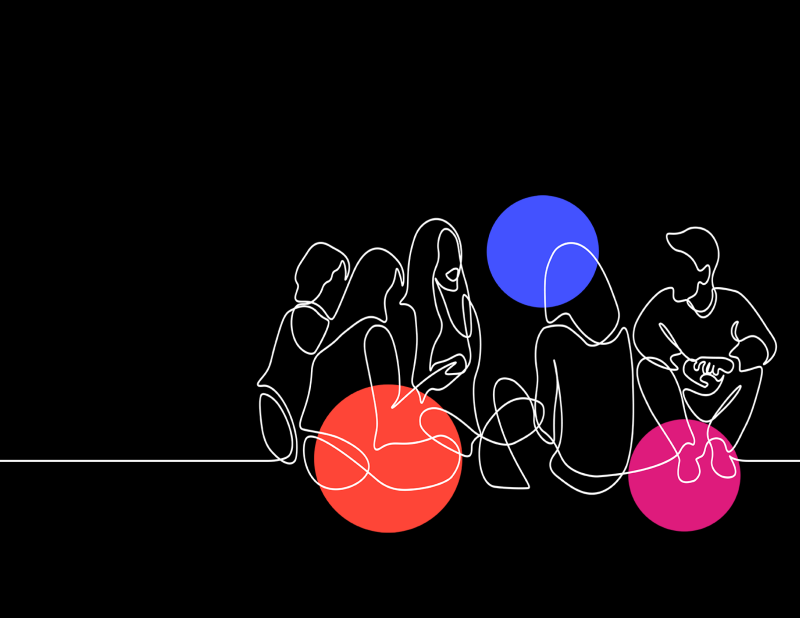Collegiality can take many different forms, but at its heart lies a spirit of collaboration and support that is crucial for any university – indeed, any workplace – to flourish. The romanticised image of the solitary academic toiling away on their next great discovery is increasingly outdated, as it becomes clear that interdisciplinary work is required to solve society’s most pressing problems. Even university teaching has become a collective process drawing on experts from different fields to create engaging courses. This collection offers resources on what institutions can do to nurture collegiality and how to be a more supportive, helpful and friendly colleague.

Friendship and teamwork
Resources

Research
Resources

Communities of practice
Resources

Leadership and supervision
Resources



















